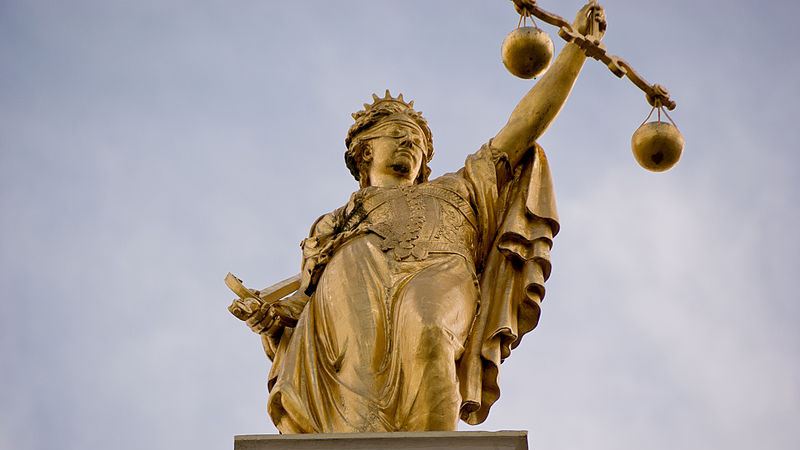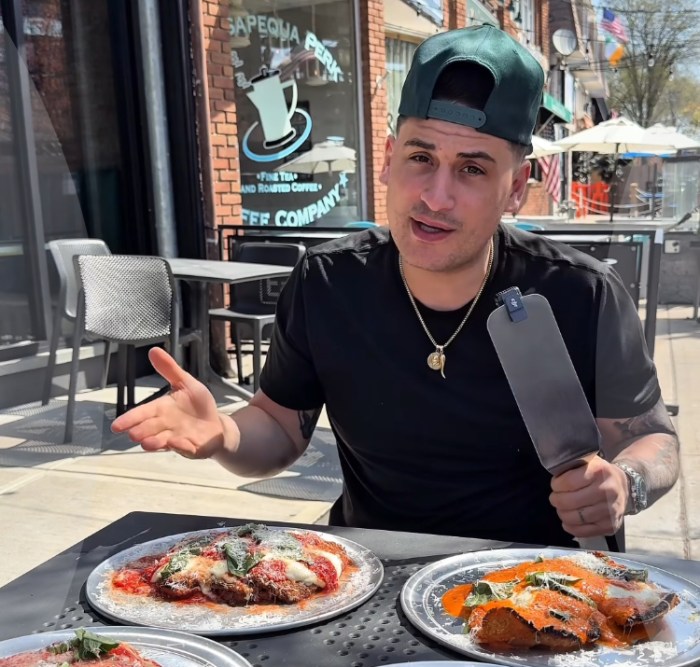In the United States, 16-year-olds can’t vote or buy beer. But there is one place where they are treated as adults: New York state’s criminal justice system. New York is one of just two states—the other is North Carolina—where 16-year-olds facing criminal charges are automatically put into the adult criminal system.
New York Gov. Andrew Cuomo recently announced a plan to end that policy. He has proposed a bill that would raise the age of adult criminal responsibility to 18 and would prohibit minors from being held in any adult facility. But some critics say the bill is filled with caveats and far less than meets the eye.
Here’s a review of what Cuomo is proposing and where critics say it comes up short.
Why does New York automatically prosecute teens aged 16 or older as adults?
Because that’s been the law for almost 200 years. In 1824, New York created one of the country’s first juvenile detention centers—the House of Refuge—for kids under 16 years old. The issue was briefly revisited in 1961 when New York amended its constitution to reorganize its juvenile courts as family courts that also handle juvenile delinquency cases. But the legislative committee assigned to reorganize the courts couldn’t decide whether to raise the age of criminal responsibility. Instead the committee called for a study, which then called for more studies.
Aren’t teenagers sometimes charged as adults in other states?
Yes. Nine states automatically charge 17-year-olds as adults. And many other states give prosecutors or judges discretion to decide whether a case should be transferred to adult court for more serious charges like homicide.
What is Cuomo proposing to do?
He wants to gradually raise the age of adult criminal responsibility in New York to 18 through a budget bill. The bill would roll out in two phases. The maximum age of juvenile jurisdiction will be raised to 17 on Jan. 1, 2017 and raised again to 18 by Jan. 1, 2018. The bill would also prohibit the confinement of minors under 21 in adult jails and prisons, prevent minors with first-time misdemeanor offenses or probation violations from being held in detention, and create a separate branch of adult courts for teenagers charged with violent felonies.
The bill is based on a set of recommendations published earlier this year by a governor-appointed commission of experts and advocates.
Many advocates support the bill, including the New York City Bar Association. It is “not perfect but it would be unfortunate if we lost this opportunity to really take a step forward for young people,” said Mishi Faruqee, juvenile justice policy strategist with the American Civil Liberties Union. “There is a real urgency to this and I hope New York doesn’t squander this opportunity.”
What are the criticisms of the bill?
The bill has a variety of provisions that actually create stricter sentencing schemes, particularly for kids charged with violent crimes. Currently, most offenders under 19 have their records sealed. Under Cuomo’s bill, a youthful offender’s previous violent crimes would be taken into account if the person is charged with another one. The bill would also extend the amount of time a juvenile offender would have to serve before being eligible for probation. Judges would also be prohibited from moving teenagers to the juvenile system if the teen was a principal perpetrator or used a weapon.
Alexandra Cox, an assistant professor of sociology at SUNY New Paltz who has worked in juvenile facilities, wrote that the proposed changes “will actually harm the very individuals it purports to help.”
The New York State Defenders Association, which provides legal support to public defenders, has called for the bill to be withdrawn. The group wrote that the bill is “too long, too complicated and too nuanced to be rushed through in the compressed political process that is represented by budget negotiations.” The commission whose recommendations the bill is based on did not include defense attorneys.
Cuomo’s office, in turn, has defended the bill. “If somebody is unhappy or doesn’t think [the bill] goes far enough, we’ll point to the wide support the legislation has among children and civil rights advocates and law enforcement,” said Frank Sobrino, spokesman for the governor.
What opposition or criticism does the bill face in Albany?
Plenty, and from both sides of the aisle. At a February legislative budget hearing in Albany, state officials in charge of the juvenile system fielded a slew of questions by mostly Republican lawmakers. Ahead of the hearing, Republican state Sen. Martin Golden criticized the proposal, telling the New York Daily News, “Some of the most heinous crimes are committed by kids who are 16 and 17.” A Democratic assemblyman, meanwhile, has said he plans to push competing legislation that would keep more kids out of the adult system.
ProPublica is a Pulitzer Prize-winning investigative newsroom. Sign up for their newsletter.



























